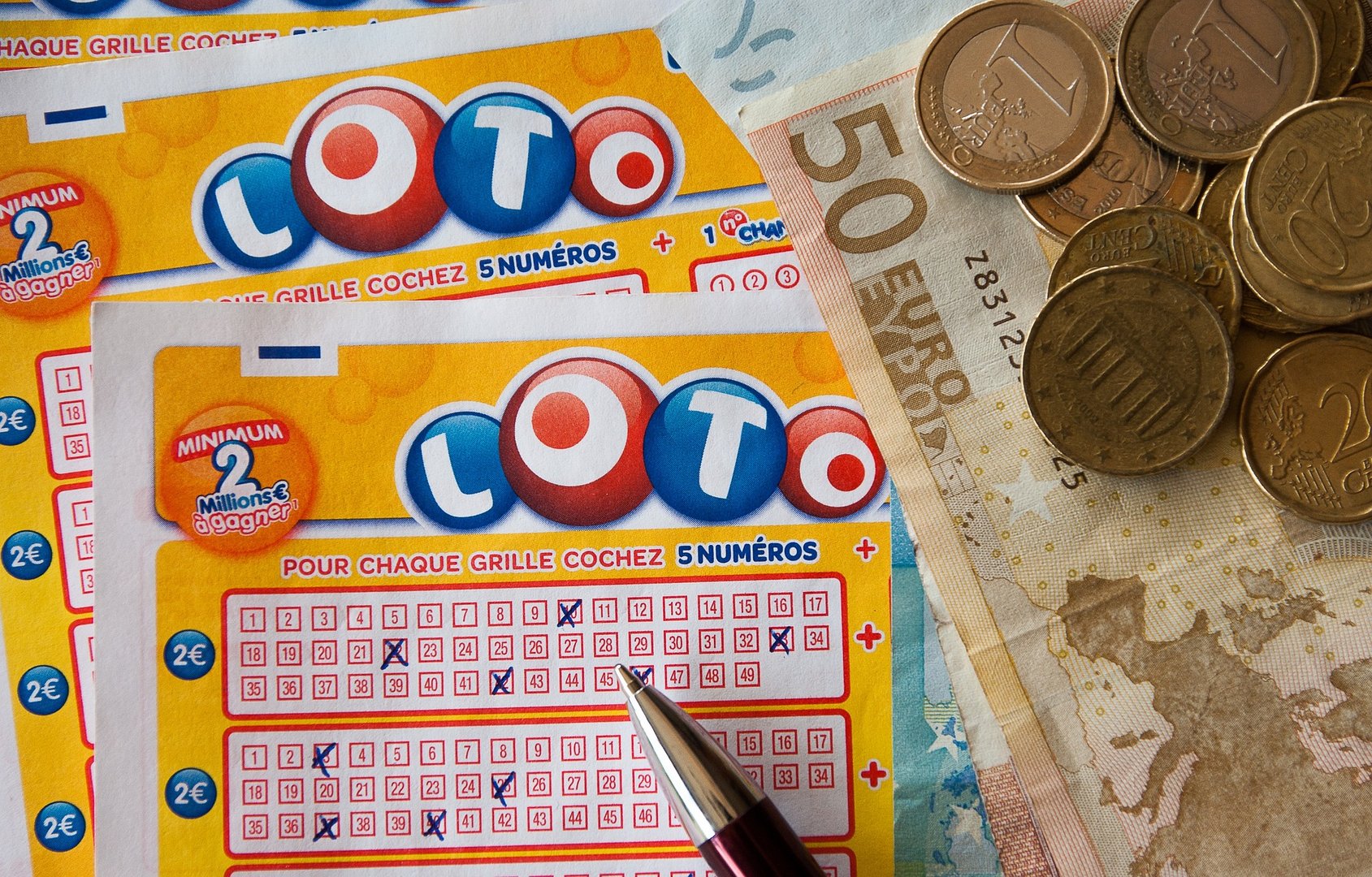The allure of overnight riches from lottery wins continues to captivate many in Cyprus, yet the true odds of such success are almost impossibly slim, according to the CFA Society Cyprus‘ Aleksandra Bondareva.
CFA Society Cyprus is the local representative of the CFA Institute in Cyprus, dedicated to upholding professional excellence, ethics, and education within the financial industry.
In a piece of analysis released this week, she described a familiar fantasy, asking the reader to “imagine winning one million euros. Or even twenty-eight million. For most of us, it would be life-changing.”
But the CFA Society Cyprus analyst then urged readers to pause and consider the mathematics behind those dreams.
Bondareva observed that posters in local betting shops constantly announce new winners, describing how “bright posters announce the latest winners: ‘A lucky ticket sold in this area just won €100,000!’”
She admitted that she, too, sometimes wonders what might happen if luck struck, yet she questioned, “With just €5–10, I could buy a chance to change my life. But how high are those chances, really?”
The answer, she explained, is daunting. “To guarantee a win, you would need to buy every possible combination,” she wrote, referring to the structure of the national lottery.
The total combinations, she said, amounted to more than 24.4 million, meaning a person would need to spend the same amount of euros to secure a €1 million prize.
Even if someone could afford to do that, “you’d spend €24.4 million for a prize of €1 million,” she stressed, pointing out that the after-tax winnings would be closer to €801,000, since lottery wins over €5,000 are taxed at 20 per cent.
Bondareva illustrated the absurdity of the odds, saying that “for exactly one person in the entire country to win, every adult would need to buy around 22 tickets.”

She explained that persistence makes little difference. “Suppose someone buys 100 tickets a week and plays continuously until they have a 90 per cent chance of winning the jackpot. It would take around 10,600 years to win once.”
Even when chasing smaller prizes, the picture is equally discouraging. “The odds there are 1 in 1,286,062,” she wrote, meaning a person would have to play for “about 538 years to expect a win.”
Her conclusion was stark. “Spending €100 weekly on lottery tickets is like paying €100 weekly to a life insurance company and hoping that lightning will hit you and you get the refund,” she said.
However, she acknowledged that gambling can still have a harmless side.
“The lottery provides excitement, community, and a harmless thrill – as long as it remains entertainment,” she said.
What becomes dangerous, she argued, is when “‘fun’ blends with financial expectation.”
Bondareva highlighted how those small weekly amounts can silently accumulate, explaining that “a disciplined saver investing €100 weekly could grow that money to over €60,000 in 10 years.”
She added that “financial security, built patiently, provides a deeper kind of peace – the kind that doesn’t depend on luck.”
She also examined the national picture, pointing out that in 2024 betting shops in Cyprus generated €157.7 million in Gross Gaming Revenue, meaning that “this is the total amount players lost across all betting activities on the island.”
“One reason gambling can feel deceptively appealing is that most people intuitively misunderstand probability,” she said, explaining that stories of winners distort perception.
“Why spend more than €1 on a ticket, if buying €100 barely changes the odds – from 0.0000041 per cent to 0.00041 per cent – both still extremely low,” she stated.
The author also revealed that “many players choose special numbers – birthdays or anniversaries – without realising that this further reduces their chance of winning.”
She mentioned that only “1 in 9 lottery draws include numbers exclusively between 1 and 31.”
Ultimately, Bondareva’s argument was not against playing but for awareness. “Understanding these facts isn’t about discouraging play – it’s about empowerment,” she said.
What is more, she posted the following question: “Now, let’s imagine again that against all odds, you won €1 million. What’s your next move?”
“With nowadays prices and without a solid financial plan, even seven figures can burn fast,” she continued. “And without proper knowledge, the temptation to go “all in” on the next lottery draw or risky investment is strong.”
“Winning the lottery surely can change your life for the better – but what are the odds?” she asked.
“Being smart and disciplined with your finances benefits your life in all scenarios, with or without relying on luck,” she concluded.






Click here to change your cookie preferences